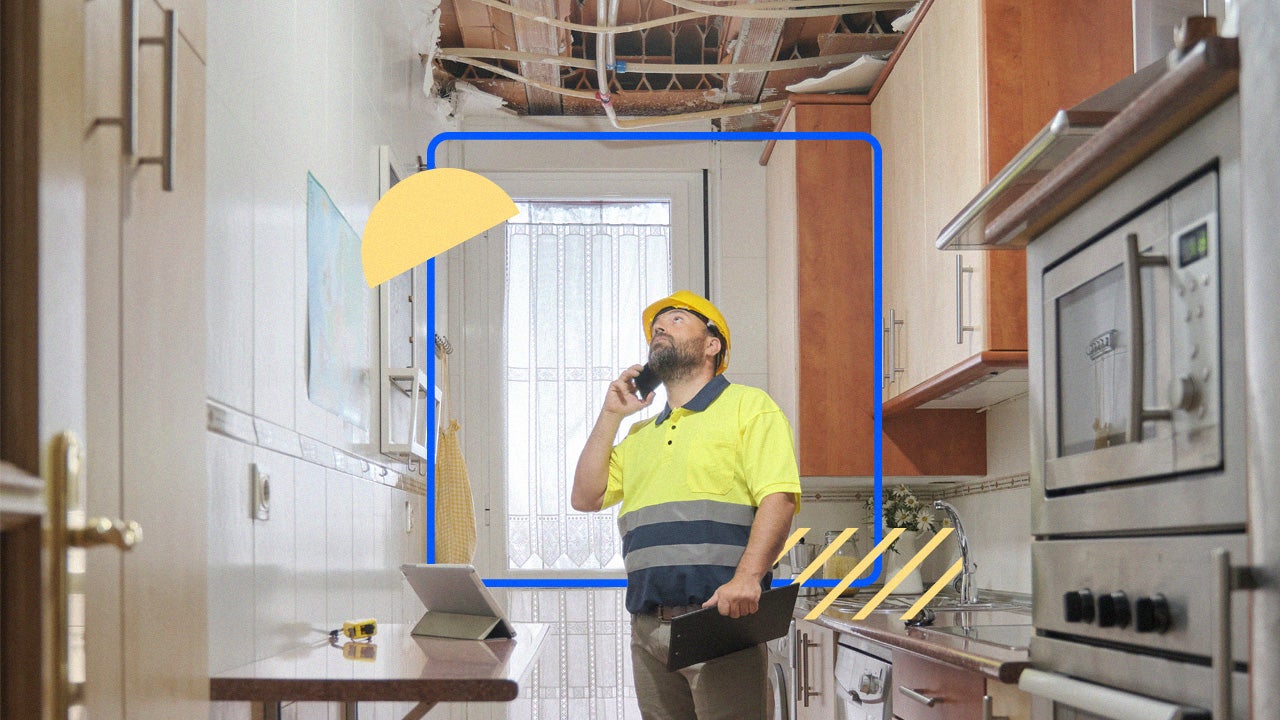What is collateral insurance and how does it work?

Key takeaways
- Collateral protection insurance (CPI) is a lender-chosen safeguard when borrowers lack full coverage car insurance.
- CPI coverage typically focuses on physical damage.
- Avoiding unwarranted CPI charges requires active communication and promptly sharing insurance updates with lenders.
When you’re purchasing or leasing a vehicle, your lender or lessor will likely require you to have full coverage car insurance. This type of insurance financially protects the lender or lessor until you own the vehicle outright. However, if you can’t get full coverage or are unwilling to purchase it, your lender might purchase collateral protection insurance (CPI) for you — and you’ll still have to foot the bill. CPI covers the vehicle but doesn’t offer the same liability or medical coverage as a full coverage would.
What is collateral protection insurance?
Collateral insurance is a car insurance policy lenders take out to financially protect their investment in a vehicle. If a borrower fails to maintain full coverage car insurance (including collision and comprehensive coverage), the lender can buy collateral insurance instead and add the premium to the borrower’s monthly loan payment.
Lenders require this type of insurance to make sure the vehicle — the loan’s collateral — is financially protected in case of damage or loss. To note, collateral insurance is often less beneficial and more expensive for the vehicle owner than a standard car insurance policy. Because the lender chooses the coverage, it typically prioritizes their financial protection over the borrower’s specific needs.
Collateral protection vs. force-placed insurance
Force-placed insurance and collateral protection are alike: both are designed to provide insurance coverage when a borrower fails to secure coverage for themselves. However, there are some differences between the two terms. Force-placed insurance is a broader category that can apply to various assets, such as homes or cars, depending on the scenario.
Collateral protection specifically applies to vehicles. In essence, while all collateral protection insurance can be seen as a form of force-placed insurance, the reverse isn’t always true since force-placed insurance can apply to assets beyond just automobiles.
How does collateral insurance work?
Financing the purchase of a car comes with specific responsibilities. Aside from regular monthly payments, lenders usually require borrowers to have certain types of insurance coverage. That’s because, until the car is entirely paid off, it technically belongs to the lender. Should the vehicle suffer damage in cases where the borrower isn’t adequately insured, the financial loss affects both parties. Collateral protection insurance steps in to help ensure that damage to the vehicle is covered.
One of the challenges with CPI insurance is that its premium is generally non-negotiable, and it might not always be the most economical choice. When you purchase car insurance for a financed vehicle on your own, you can explore the market, compare offers and potentially discover more competitive rates.
It’s also important to keep in mind that the scope of CPI’s coverage is limited to the specifications in your loan agreement. If you’re seeking more extensive coverage, purchasing a full coverage policy offers financial protection against physical damage as well as liability, theft, weather, animals and more. Securing a policy yourself would enable you to tailor the coverage types and policy limits to your specific needs and preferences.
What does CPI insurance cover?
Collateral insurance primarily provides financial safeguards against physical damage to your car. At its core, it typically encompasses collision and comprehensive coverage. Depending on the specifics of the package your lender selects, it could also offer protection for medical expenses and liability — but that’s not always the case, so it’s important to read through the policy documents. Below is a detailed look at what type of coverage applies when.
Collateral protection refunds
Errors can occur in any financial process and occasionally, lenders might mandate borrowers to obtain CPI insurance even when it’s unnecessary. If you find yourself in a situation where you were wrongly asked to purchase CPI, there are steps you can take to try to rectify the situation.
- Proof of insurance: The initial step is typically to present your lender with valid proof of insurance, demonstrating that your vehicle was already insured with the type of coverage required by your lender during the period in question. In some cases, merely showing the declarations page of your insurance policy will suffice. This document provides detailed information about your coverage, including the types of insurance you’ve purchased, the policy’s duration and its limits.
- Contacting your insurance agent: If the lender remains unconvinced, you might need to facilitate communication between them and an agent from your insurance company who can verify your car insurance coverage details.
Once your lender is satisfied with the evidence and confirms the existence and details of your independent policy, it should cease the CPI charges. However, be mindful of any periods during which you might not have had an active insurance policy. For those specific days or months, the lender might still charge you for CPI, considering it a back-payment for insurance. This means that even if you later secured your insurance, you might still owe the CPI amount for the timeframe when your vehicle wasn’t insured.
Always maintain open communication with your lender. If you’ve initiated or made changes to your insurance policy, promptly inform them. This proactive approach could help avoid unnecessary additional costs and complications.
Frequently asked questions
Why we ask for feedback Your feedback helps us improve our content and services. It takes less than a minute to complete.
Your responses are anonymous and will only be used for improving our website.
You may also like

What is permissive use car insurance?

What is a secured loan and how does it work?

What is vacant home insurance and how does it work?

What is a homeowners insurance peril and how does it work?


